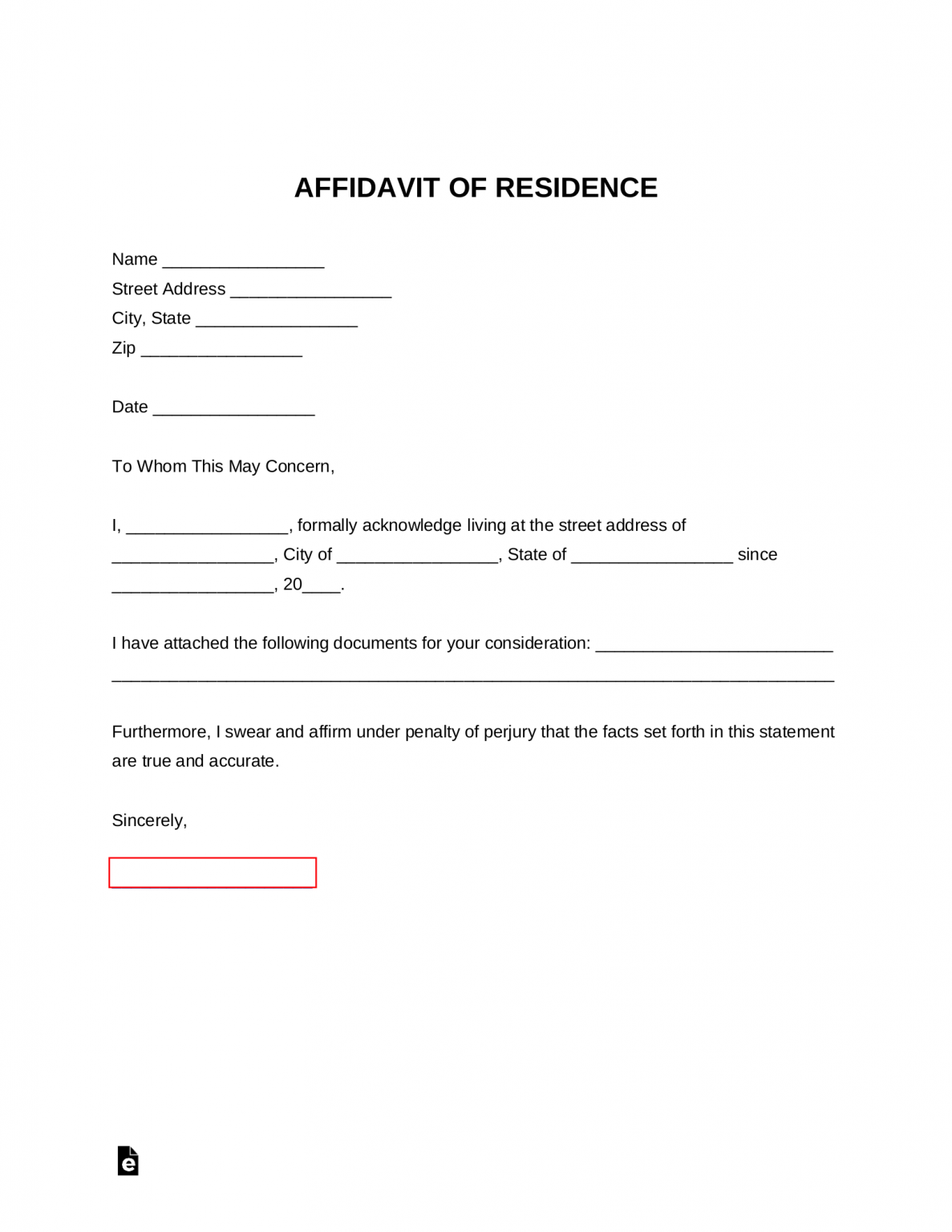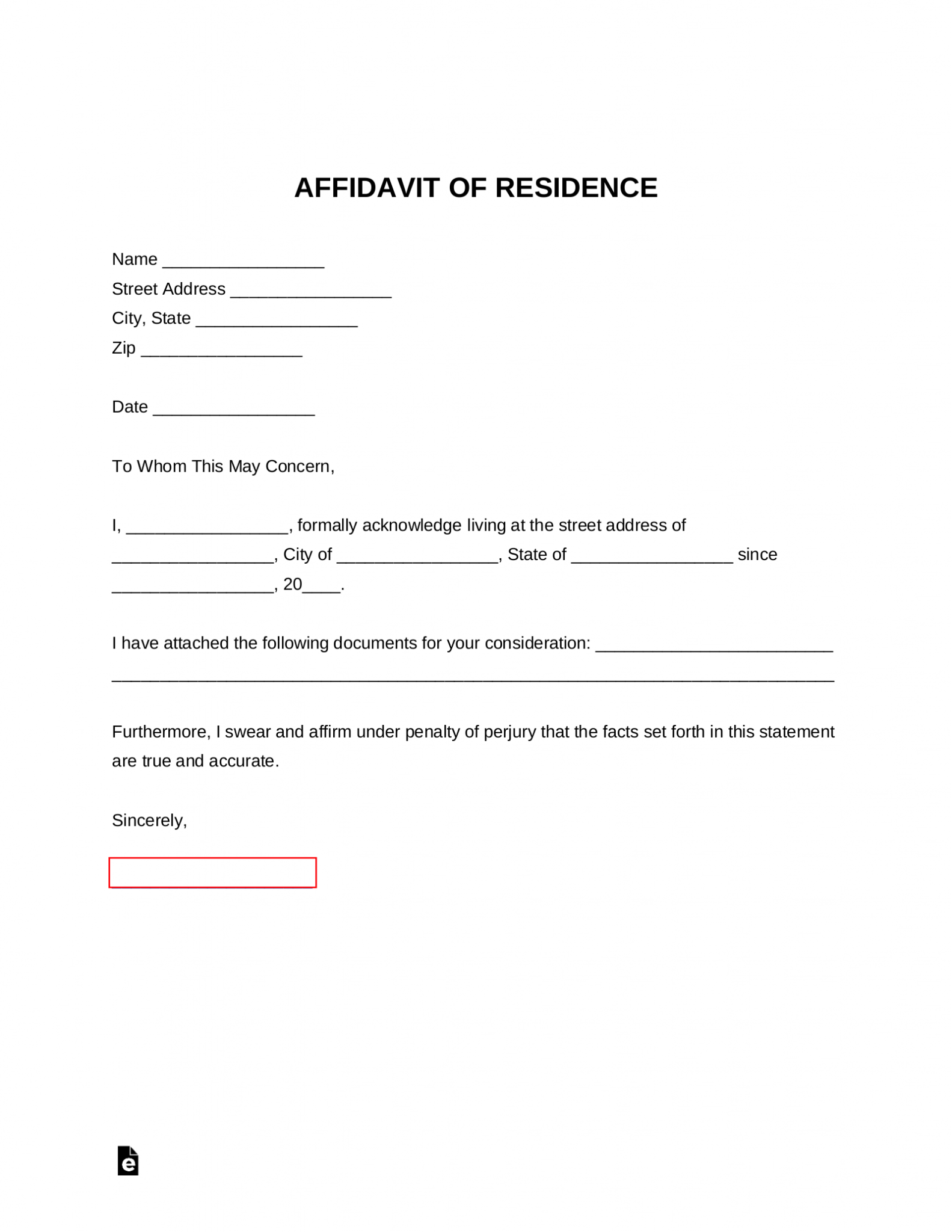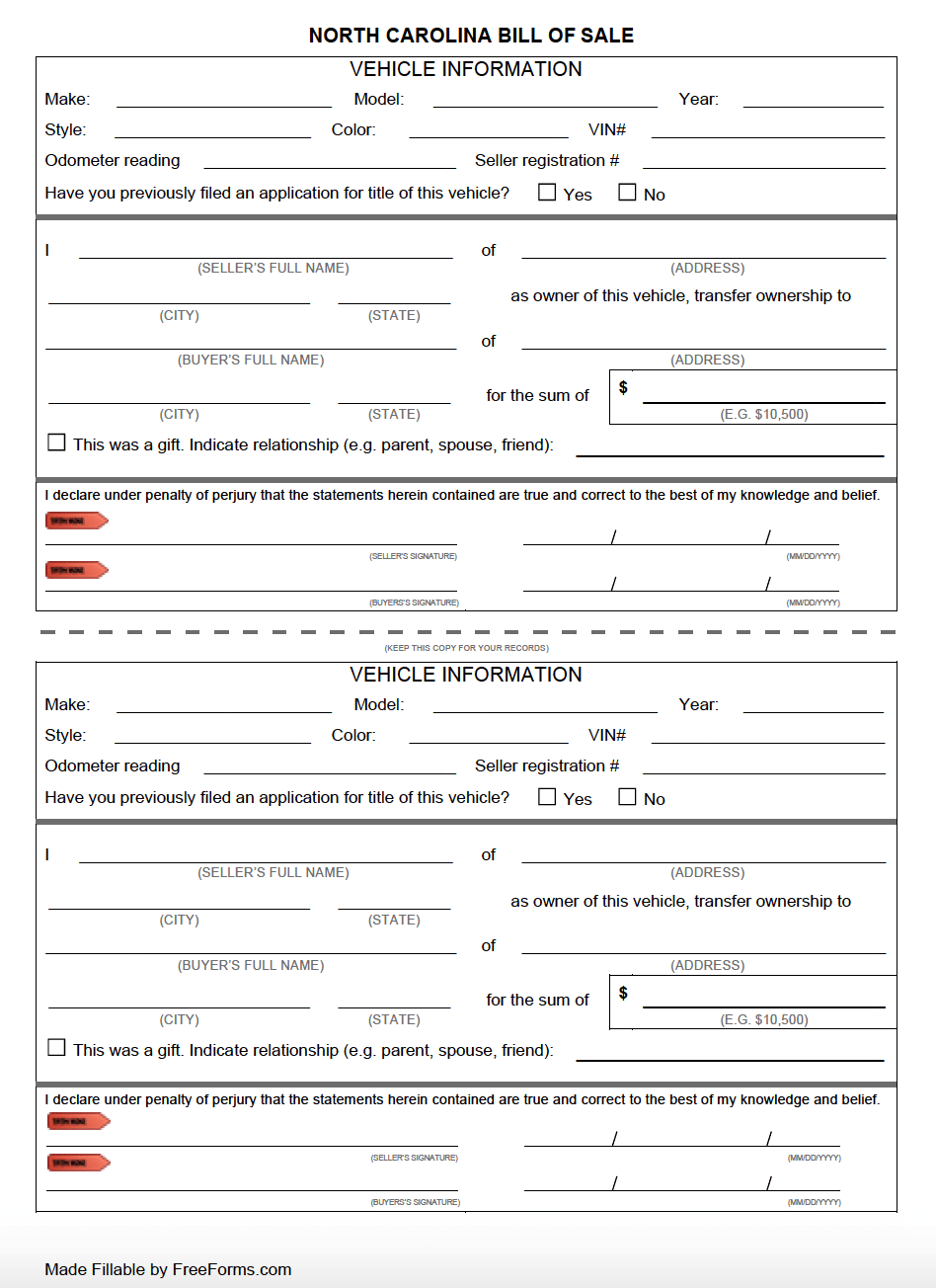

You can leave anyone out except a spouse.

One more note on leaving people out of a will. Just say “for reasons known to me,” and let the survivors speculate on the intentions. What if the child was prevented from coming to visit by the other children or there was a misunderstanding about his drug habit? What if he now has children? Don’t offer a toehold to someone who might challenge the will. She may say one child never came to visit or has a drug habit or doesn’t need the money because he doesn’t have children. It’s just human nature for the person writing the will to want to offer an explanation. So in that situation the will was valid, but due to having prohibited witnesses, it did not accomplish its intended effect.įor various reasons, children or other close relations sometimes are left out of a will. In this instance, the sister received nothing because the children were the only ones who inherited without a will. But, under South Carolina law, because the sister was a witness, she can only take what she would receive if there were no will – call the law of intestacy. The testator had children who were not named in the will. I’ve seen a case where one of the two witnesses was the testator’s sister, who was also the sole beneficiary in the will. Another reason is that having an “interested” witness may invalidate the bequest to the beneficiary who serves as a witness. One reason is that the witness may have to testify about the competence of the testator. A notary is not sufficient, or even required.Īlso it is important to have impartial persons as witnesses. For example, South Carolina requires two witnesses for a will to be valid. Wills seems simple on their face, but laypersons – and even a lawyer who doesn’t have experience in this area of the law – can be blindsided by what they don’t know.Īll wills must be property signed and witnessed to be effective. Did the person writing her own will intend to include her half-siblings who were 20 years older? I’ve also seen wills that left shares to “my brothers and sisters.” In South Carolina, half-siblings are treated the same as whole-blood siblings. The result would be different if the bequest were to Pastor Faith (a non-relative).

Some of them are state-specific.įor example, what if the will leaves a monetary amount to Cousin Sue, and Cousin Sue ends up dying before the testator (the person who wrote the will)? Did the testator want the money to go to Cousin Sue only, or did he want Cousin Sue’s children to inherit if Cousin Sue was not living? Without a provision requiring Cousin Sue to survive, her children inherit the bequest. The problem is that there are many laws that affect the validity of provisions in wills that only an attorney with experience in this area will know. The consequences of these do-it-yourself wills sometimes are tragic. Here are the most common mistakes I’ve seen, and all are easily avoidable.Įven before software, many people bought forms for wills at office supply stores, confident that they could just fill in the blanks and save attorneys’ fees. Unfortunately, I’ve also seen many mistakes that create problems for loved ones at this difficult time or that undermine the intentions of the deceased. Print Don't Make These Mistakes in Your WillĪs a long-time practitioner in wills and estates and a former South Carolina probate judge, I’ve seen a lot of wills.


 0 kommentar(er)
0 kommentar(er)
